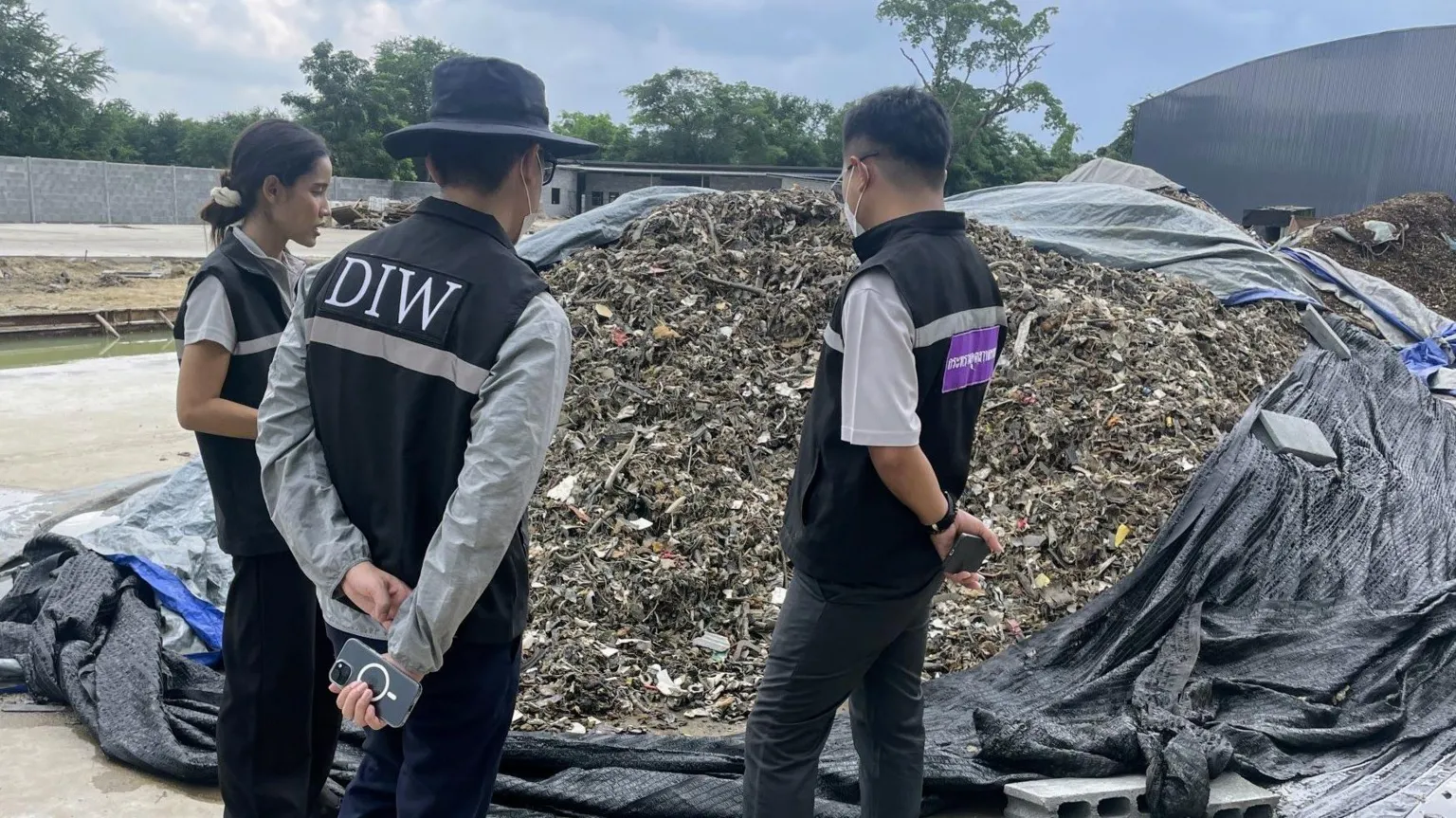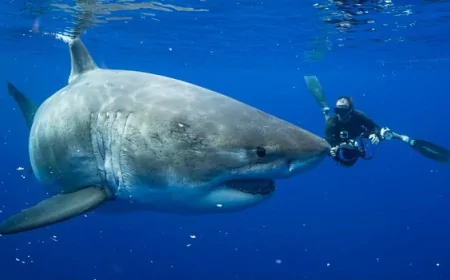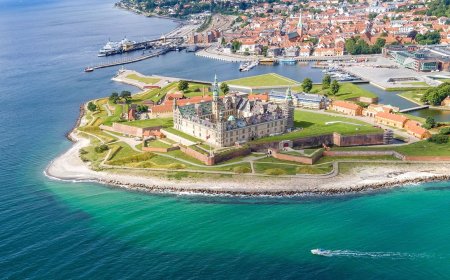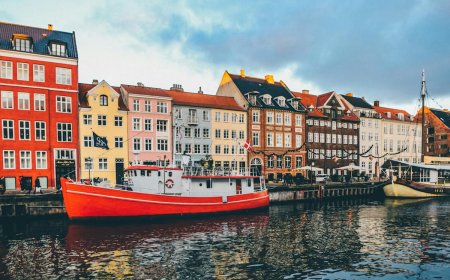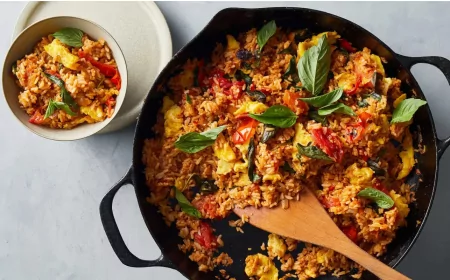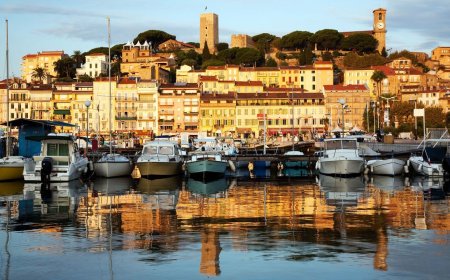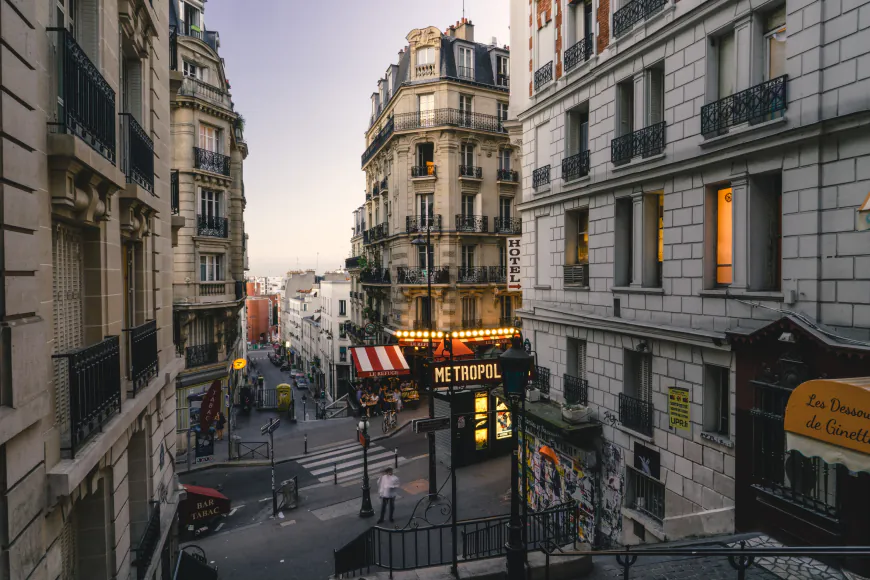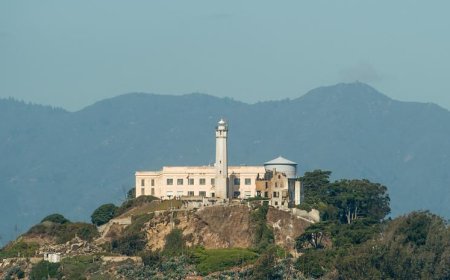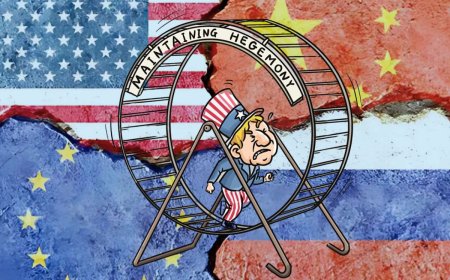Trump’s threat looms over Latin America’s busiest port
(EFE).- In the Port of Santos, the largest commercial dock in Latin America, the imminent entry into force of the 50% tariff announced by the president of the United States Donald Trump is seen with “great concern.”
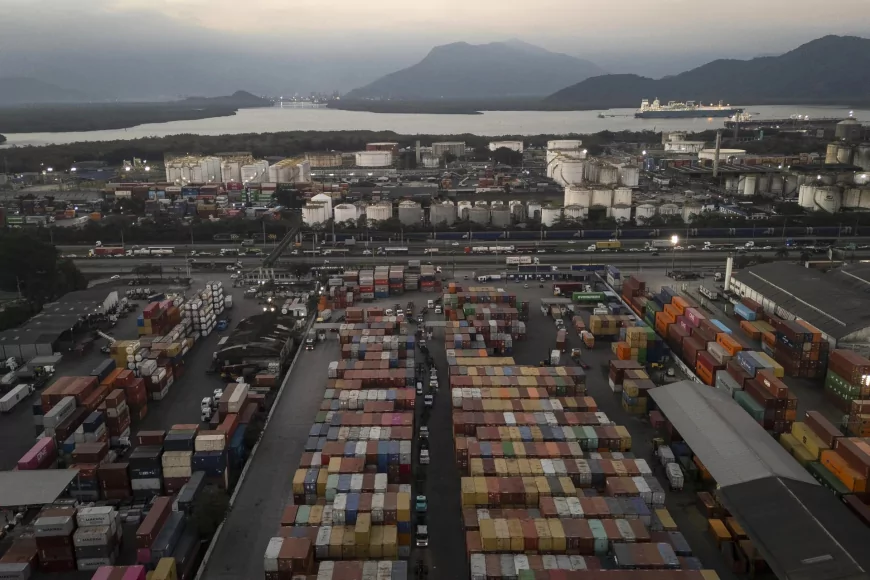
Trump’s announcement has put Brazil’s industry, the most powerful Latin American economy, on high alert.
Situated just over 70 kilometers (43 miles) from São Paulo, Brazil’s largest city, the Port of Santos handles 30% of the country’s international trade. 22% of the exports that sail through its waters are destined for the US.
However, the president of the Santos Port Authority, Anderson Pomini, refers to the impacts of the possible ‘tariff increase’ as “preliminary,” regarding port operation, according to a simulation of his authorship presented to the Government this week.

“We are going to suffer an impact. It may have an initial impact until Brazil finds another buyer. We will have to adjust logistics based on what happens in the coming months,” he told EFE.
According to the official, its place among the main raw material exporters in the world gives Brazil, and specifically this port, the advantage that “many other countries are interested in acquiring these products.”
“The Government is already talking with other countries and if, for example, Americans stop importing the same amount of orange juice, coffee or cotton, we will think about which countries might be interested in buying those products and, under that idea, if we act fast, we will not have any impact on the trade of those products in the port of Santos,” said Pomini.
Coffee and orange juice, symbols of the “tariff increase”
A white and modern vessel stands out among the old and rusty ships that sail the waters of the Santos basin. Its workers are wrapped in special suits and follow extreme hygiene measures.
This large ship is used to transport Brazilian orange juice. A pipeline runs from the warehouse to the ship, transferring the liquid to an internal container.
The ship operates as a “giant refrigerator.” This process is repeated several times a day.

Upon touching the vessel, the liquid freezes and thus travels, sometimes for over a month, all over the world. However, now trips to the US are in danger.
“The American people will run out of coffee and oranges,” an anonymous source from the Santos port administration told EFE.
According to port data, 74% of Brazilian coffee production and 95% of orange juice production passed through Santos in 2024.
Almost 60% of the orange juice that Americans consume comes from Brazil and passes through the port of Santos, according to official data.
The ton of citrus juice, currently valued at 1,600 dollars, will rise to around 2,400 from Aug. 1, when the sanction comes into force, the port estimates.
The port estimates that the ton of citrus juice, currently valued at 1,600 dollars, will rise to around 2,400 when the sanction comes into force on Aug. 1.
The same applies to coffee. In April, the Trump administration imposed a 10% tax on Brazil, which was seen as a relief compared to other grain producers, such as Vietnam (46%) and Indonesia (32%).
However, with the new tariff, Brazilian coffee would be far behind its competitors, who have already reached agreements to improve the percentage.
According to the US National Coffee Association, in April, Brazilian exports represented around a third of the US coffee market in 2024, a country where the average person is estimated to consume three cups of coffee per day.
The rush to stock up
Since the announcement of the 50% tariff on Jul. 9, some Brazilian business associations have publicly denounced retained cargo and blocked shipments.
No blocked shipments were reported at the port on the São Paulo coast. On the contrary, the proximity of the tariff led to a rush among businesspeople, unleashing a boom in sudden cargo movements.
“The companies especially affected by the ‘tariff increase’ are seeking to advance the deliveries of their cargo. It is likely that next week we will have an increase in cargo movement. People want to stock up without paying the tariff,” explained Pomini.
Brazilian President Luiz Inácio Lula da Silva stated that his government will attempt to negotiate a reversal of the measure. However, if no agreement is reached, Brazil will respond with reciprocal tariffs. EFE
adm/dgp/mcd
By Ailén Desirée Montes


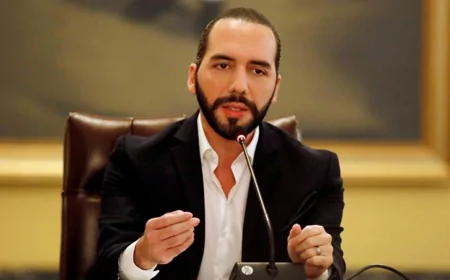

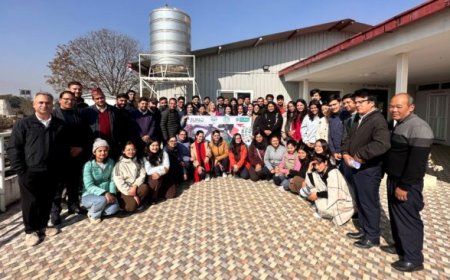

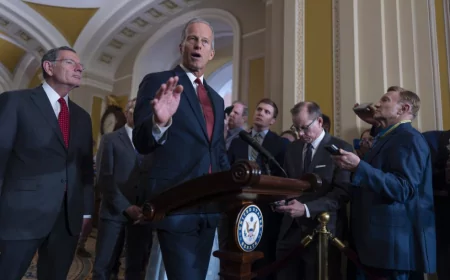
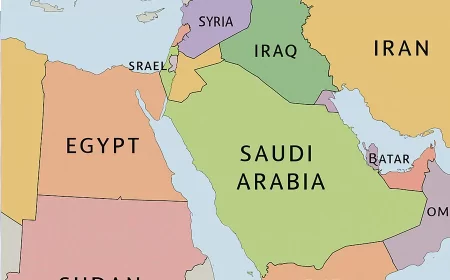
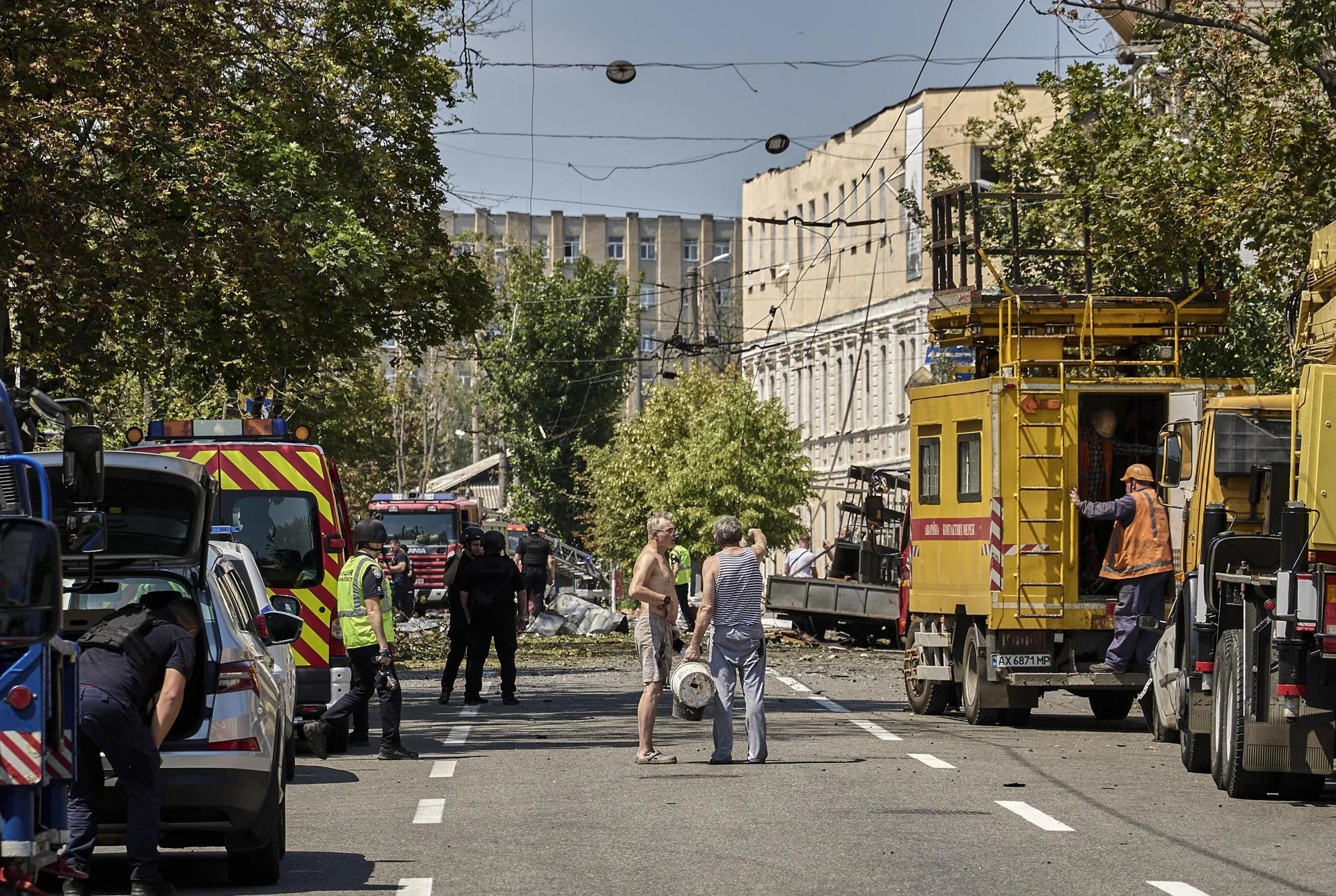
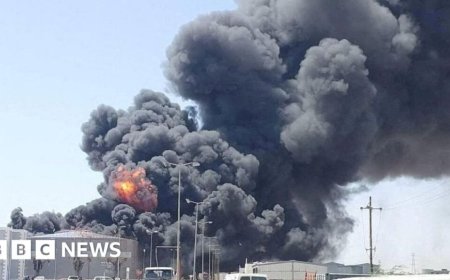



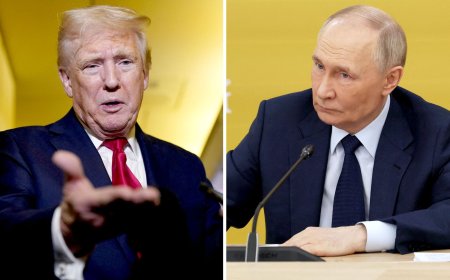


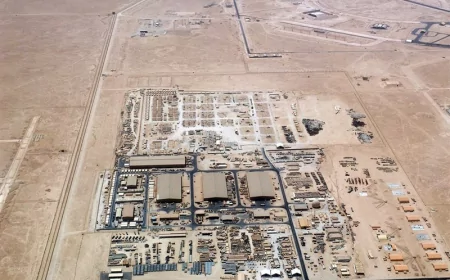
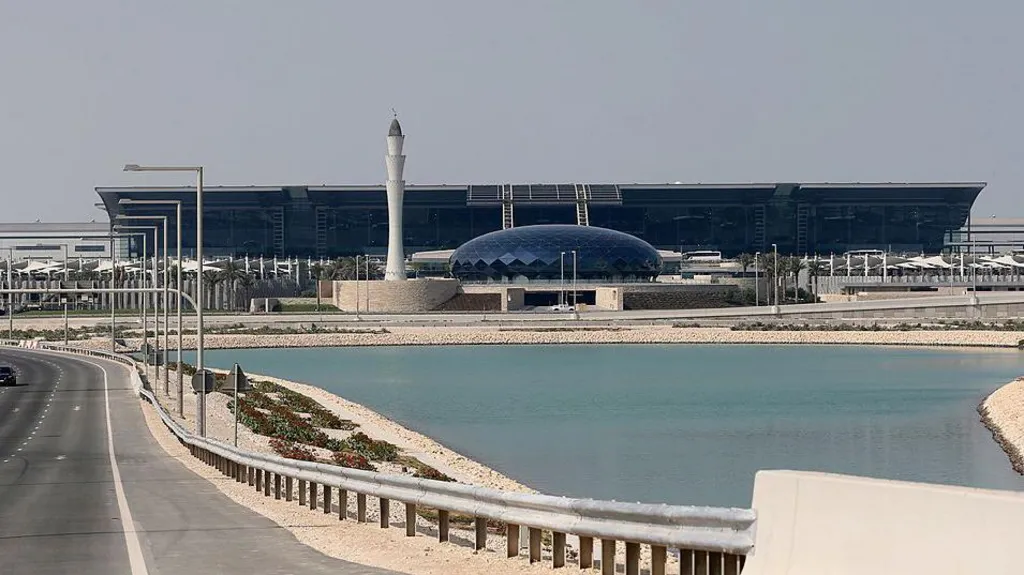
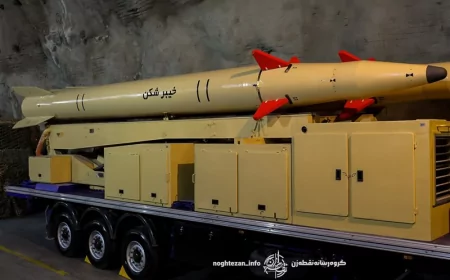

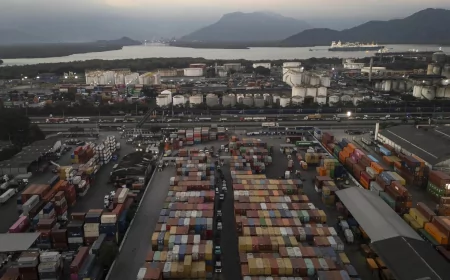
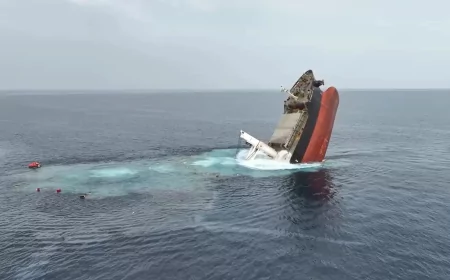
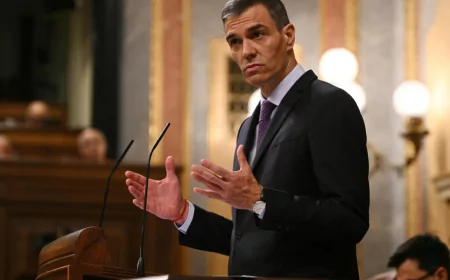

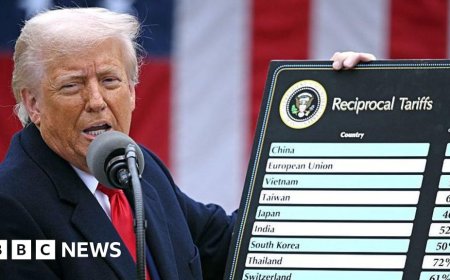
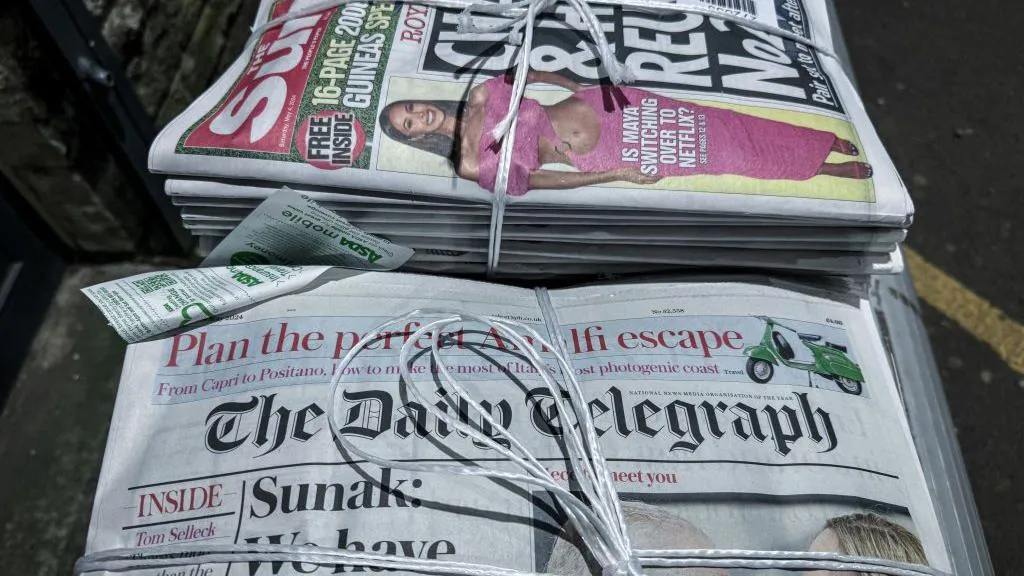
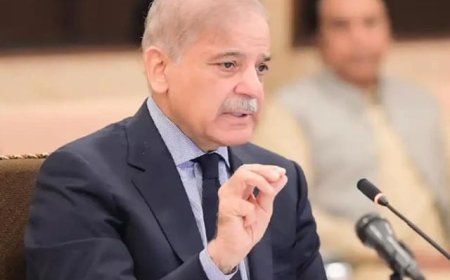





















:format(webp)/cdn.vox-cdn.com/uploads/chorus_image/image/73776247/1227541383.0.png)

